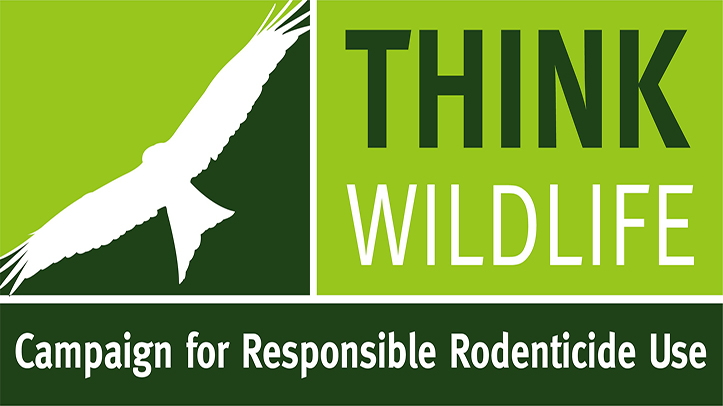Another year of “stubbornly static”, and in some cases rising, rodenticide residues in barn owls has prompted an uncomfortable question about the use of poison baits: could irresponsible practices by a delinquent minority restrict future pest control options for the responsible majority?
This applies equally to all three professional user groups, pest control, farming and gamekeeping, according to Campaign for Responsible Rodenticide Use (CRRU) chairman Dr Alan Buckle.
“Undocumented allegations of misuse or abuse are not difficult to come by in conversation with responsible operators at trade events,” Dr Buckle said.
“These include, for example, rodenticide blocks thrown liberally along hedge bottoms and old tractor tyres laid flat and filled with poison bait along field edges.”
In the latest two years of surveillance, nearly 90% of barn owls, the officially selected sentinel species, were found to carry rodenticide residues.
Dr Buckle said this is despite detailed best practice information being made widely available via CRRU’s UK Rodenticide Stewardship Regime.
“There can be little doubt,” he added, “that rodenticide leakage into non-target wildlife arises largely from rural use, whether by gamekeepers, farmers or pest controllers. Equally, there is little doubt that many rodenticide users employ responsible best practice.
“The problem, we believe, is a disinterested or, worse still, unscrupulous minority who either don’t care about the harm that can be caused by rodenticides and use them indiscriminately, or deliberately employ them unlawfully to kill, for example, predators like birds of prey, foxes or badgers.”
Dr Buckle continued: “Unfortunately, these people are out of reach to CRRU’s best practice guidelines, user training and certification, secure point-of-sale controls, standards audited by farm assurance schemes, and widespread promotion of responsible use principles and practice.”
Proposed ways to toughen up the stewardship regime, currently a voluntary programme, are being considered by CRRU’s steering group. This body includes representation from all rodenticide user groups along with wildlife and environmental bodies.
Whatever is decided, Dr Buckle emphasised that changes will follow.
“The next phase of stewardship cannot simply be more of the same,” he said. “For stewardship to be judged effective by its HSE-led Government Oversight Group, lasting reductions are expected in rodenticide residues carried by non-target wildlife.
“Without such evidence, we might anticipate ever more stringent restrictions on how rodenticides can be used, and by whom. Clearly, this may be to the detriment of our ability to control rodents and protect human and animal health.
“Right now, of course, responsibility for avoiding even more severe measures is squarely in all users’ hands to eliminate shoddy practices. We have all been warned.”


